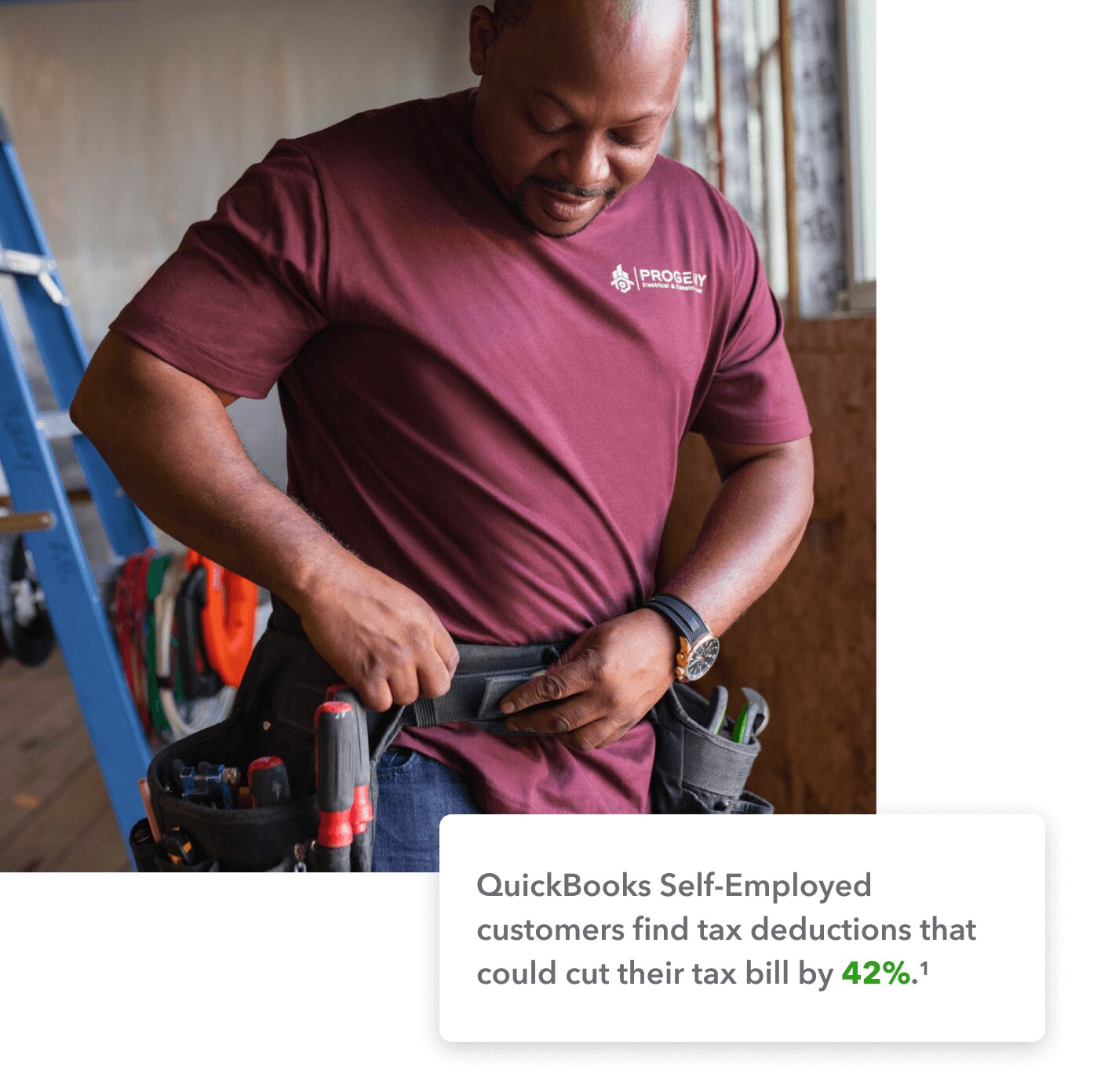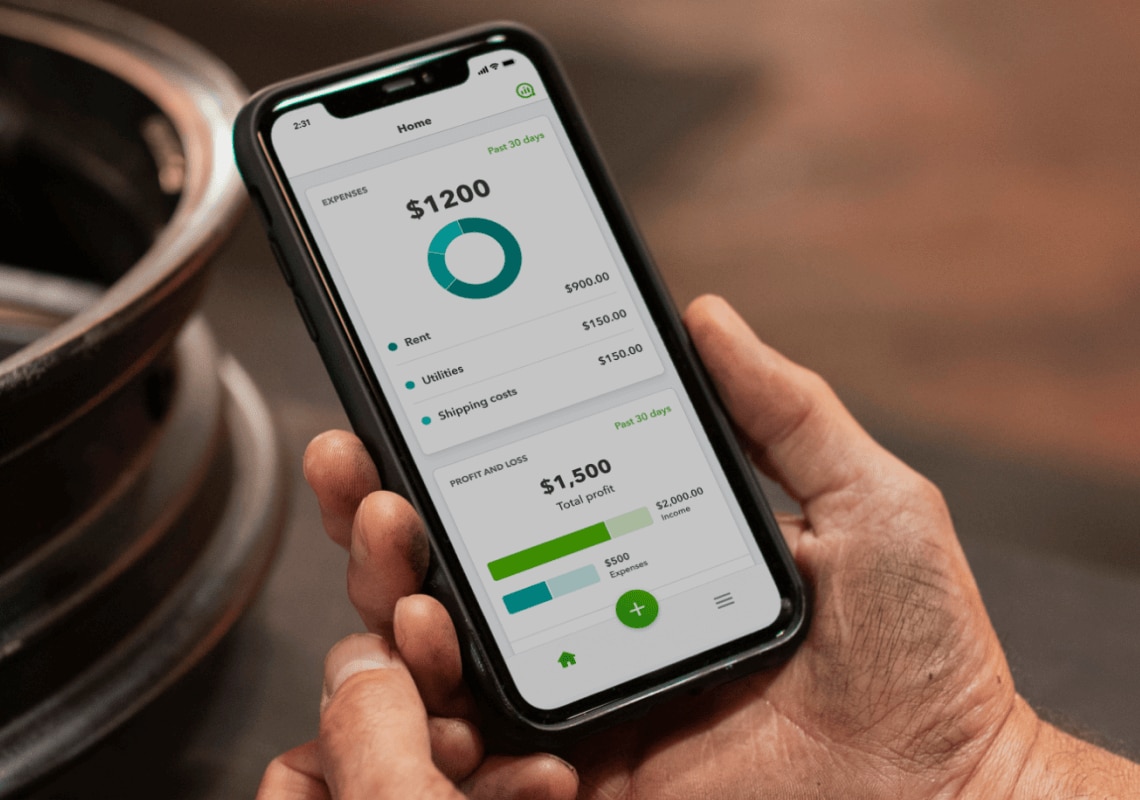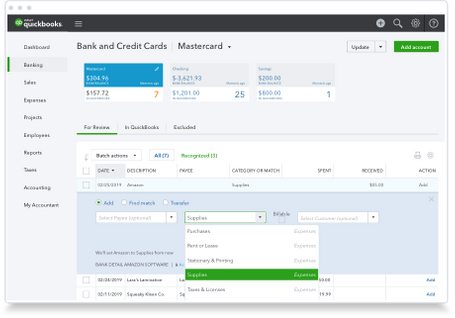


It’s something to keep in mind if you should need another “tier” of reporting in addition to account or item. It’s easy to miss some.Ĭlasses can be useful for workarounds – I have also used classes in several workaround scenarios. It’s important either way, assuming you assign a class to every posting transaction as I recommend, to make sure all of your transactions are assigned to a class before creating your reports. Run a Profit and Loss Unclassified report – Depending on the reporting purpose and number of classes, instead of running the “Profit and Loss by Class”, you may prefer to create a P&L Report, filter by the class, and for each one, memorize it. If you use the deposit form directly to post your income, without an invoice or sales receipt, in that case, the deposit IS the posting transaction and you need to assign a class. The related payment receipt and the deposit are not posting transactions for the expense.

For instance, when you use an invoice to bill your customer for products or services, the invoice is the posting transaction, and you need to assign a class to the invoice and/or the line item on the invoice. A ssigning a class to non-posting transactions doesn’t hurt anything, but isn’t necessary. Notice, I recommend assigning a class to every “posting” transaction. Use classes on “posting” transactions – Some people are confused about which transactions they need to assign a class to. If you need to fit everything into a specific class, you always have the option of “splitting” out things like overhead expenses and assigning a class per line item. What I usually do is have a class called “ Overhead” or “Project Allocation” for transactions that do not apply to what I am specifically tracking. I’ll talk about this next.Īssign a class to every posting transaction – I recommend assigning a class to every posting transaction, because otherwise, it will be difficult to tell if you have forgotten to assign a class to something important. In most cases, I recommend assigning a class to every transaction, but it’s ok to lump many into a generic class. They aren’t sure where to track expenses that don’t apply to a project or event, and feel the need to assign something meaningful. I see this mistake happen most often in businesses that use classes to track projects or events. Your classes should be completely different from your COA. – Property management, to track the income and expenses for each propertyīe careful not to duplicate the Chart of Accounts with classes – What I caution against, and I’ve noticed people tend to do, is the practice of using classes as a duplicate to the Chart of Accounts. – A business with 2 or more locations, who uses the same company file to track the profitability (and/or A/R, etc.) – A Sole-Proprietor who uses one account for both business and personal expenses (I which I recommend against, but some insist on doing) – A Non-Profit that needs to track income and expenses by grant, event or project. – A landscaping business with a Maintenance and Installation division that would like to track the profitability of each division separately Then, you can run a Profit and Loss report by class, and even filter reports like Accounts Receivable and Accounts Payable reports by class. When you use classes in QuickBooks, in addition to item or account, you can also assign a class to each transaction. You can also track your Balance Sheet by class, but it can be problematic.įirst, let me say this: I do NOT recommend class tracking with classes representing your jobs for job-costing, you should always use Customers/jobs for job-costing, and you can learn more about that here: However, I do recommend classes to some of my job-costing clients for either tracking different types of revenue and costs or for workarounds. If you need to keep track of your income and expenses by department, location, property, project or event, using classes in QuickBooks might be for you. Using “Classes” in QuickBooks to Track: Locations, Projects, Divisions


 0 kommentar(er)
0 kommentar(er)
